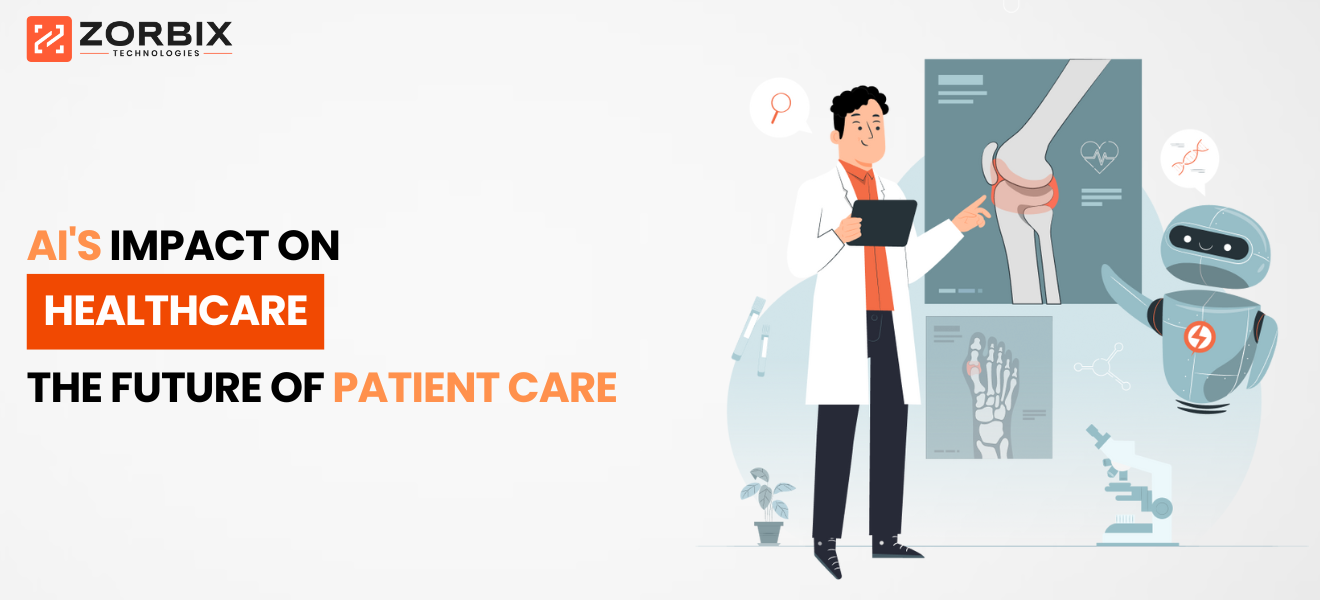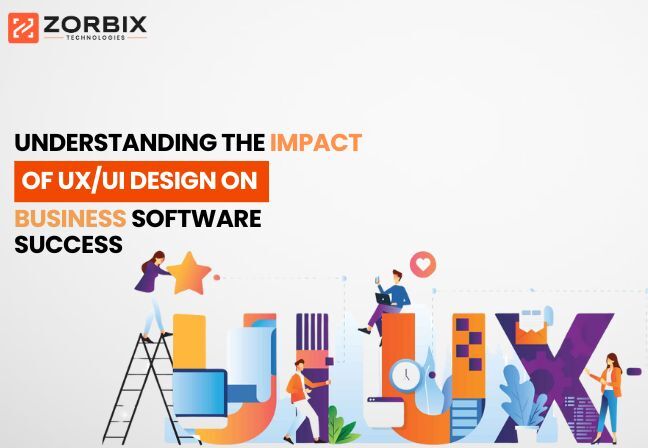
In this blog, we’ll dive into the ways AI is revolutionizing healthcare and why it’s critical for healthcare providers to embrace this technology.
AI in Medical Imaging and Diagnostics
AI has made groundbreaking advancements in medical imaging and diagnostics, enabling healthcare professionals to detect diseases faster and more accurately. AI algorithms can analyze radiology images, such as X-rays, MRIs, and CT scans, to identify abnormalities that may be missed by the human eye.
One of the most exciting areas is the detection of early-stage cancers. AI systems have demonstrated the ability to detect cancerous growths in mammograms or lung scans, improving early diagnosis rates and leading to better patient outcomes.
AI-Powered Personalized Medicine
AI is ushering in a new era of personalized medicine by analyzing vast amounts of patient data to tailor treatments to individual needs. Machine learning algorithms sift through data from medical records, genomic information, and even real-time health monitoring to suggest treatments that are most likely to be effective for a specific patient.
This ability to create tailored treatment plans is particularly significant in fields like oncology, where personalized drug therapies are improving survival rates and patient experiences.
Streamlining Administrative Processes with AI
Beyond patient care, AI is helping healthcare providers improve administrative efficiency. AI-driven automation tools can handle everything from appointment scheduling and billing to inventory management and patient records.
AI tools can also assist with medical coding and claims processing, significantly reducing paperwork and administrative errors, allowing healthcare staff to focus more on patient care.
AI in Remote Patient Monitoring
With the rise of telemedicine and remote patient monitoring, AI is proving to be an essential tool for tracking patient health outside of clinical settings. AI-powered wearable devices and mobile apps can monitor vital signs, track chronic conditions, and alert healthcare providers if a patient’s condition worsens.
For example, AI-enabled heart monitors can detect irregular heartbeats and notify doctors of potential cardiac events, allowing for early intervention and improving patient outcomes.
Enhancing Drug Discovery with AI
AI is also revolutionizing drug discovery, a process that traditionally takes years and costs billions. Machine learning models can analyze data from clinical trials, predict how new drugs will interact with the human body, and even suggest new uses for existing medications.
By accelerating drug discovery, AI has the potential to bring life-saving medications to market faster, which is especially important in treating rare diseases and conditions where effective treatments are limited.
The Ethical Considerations of AI in Healthcare
While AI brings numerous benefits to healthcare, it also raises ethical concerns. Issues such as patient data privacy, algorithmic bias, and decision-making transparency are at the forefront of discussions about AI’s role in healthcare. As AI systems take on more responsibilities, ensuring they are trustworthy, transparent, and unbiased becomes critical.
Healthcare providers need to strike a balance between adopting AI innovations and addressing these ethical challenges, particularly when it comes to sensitive patient data.
Conclusion: AI is Transforming the Future of Healthcare
AI is revolutionizing healthcare, providing new ways to diagnose, treat, and manage patients more effectively. As the technology continues to evolve, its integration into everyday healthcare operations will become even more vital. From AI-driven diagnostics to personalized treatments and streamlined administration, healthcare providers who embrace AI will be at the forefront of innovation, delivering better outcomes for patients.
At Zorbix Technologies, we specialize in AI integration, helping healthcare organizations unlock the potential of AI for improved patient care, operational efficiency, and personalized medicine. Contact us today to learn more about how AI can transform your healthcare operations.
Connect with Zorbix
Ready to take the first step towards unlocking opportunities, realizing goals, and embracing innovation? We're here and eager to connect.




